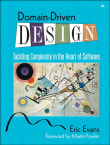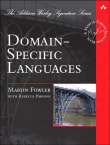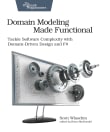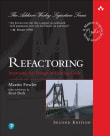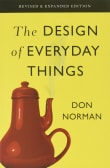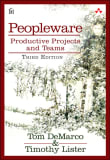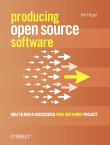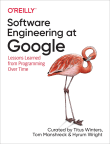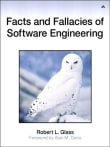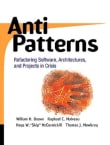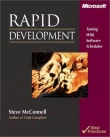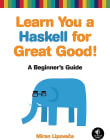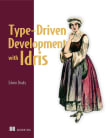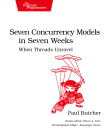Function and Reactive Domain Modeling
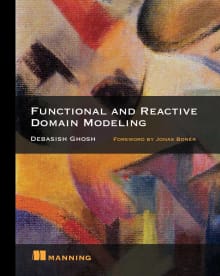
Book description
Functional and Reactive Domain Modeling teaches readers how to think of the domain model in terms of pure functions and how to compose them to build larger abstractions. It begins with the basics of functional
programming and gradually progresses to the advanced concepts and patterns needed to implement complex domain…
Why read it?
1 author picked Function and Reactive Domain Modeling as one of their favorite books. Why do they recommend it?

I'm a devoted advocate of functional programming and a passionate Haskell enthusiast.
Ironically, there was a time in my life when I was a student and held the belief that functional programming was merely an impractical academic pursuit.
However, I soon had a revelation that the techniques I employed in C++ to mitigate the inherent unsafety of the language actually aligned with the core principles of functional programming: immutability, purity, and composability.
This realization left a profound impression on me, prompting me to delve into learning Haskell. It proved to be a pivotal moment that significantly shaped my entire career…
From Alexander's list on domain modeling.
If you love Function and Reactive Domain Modeling...
Want books like Function and Reactive Domain Modeling?
Our community of 12,000+ authors has personally recommended 60 books like Function and Reactive Domain Modeling.

